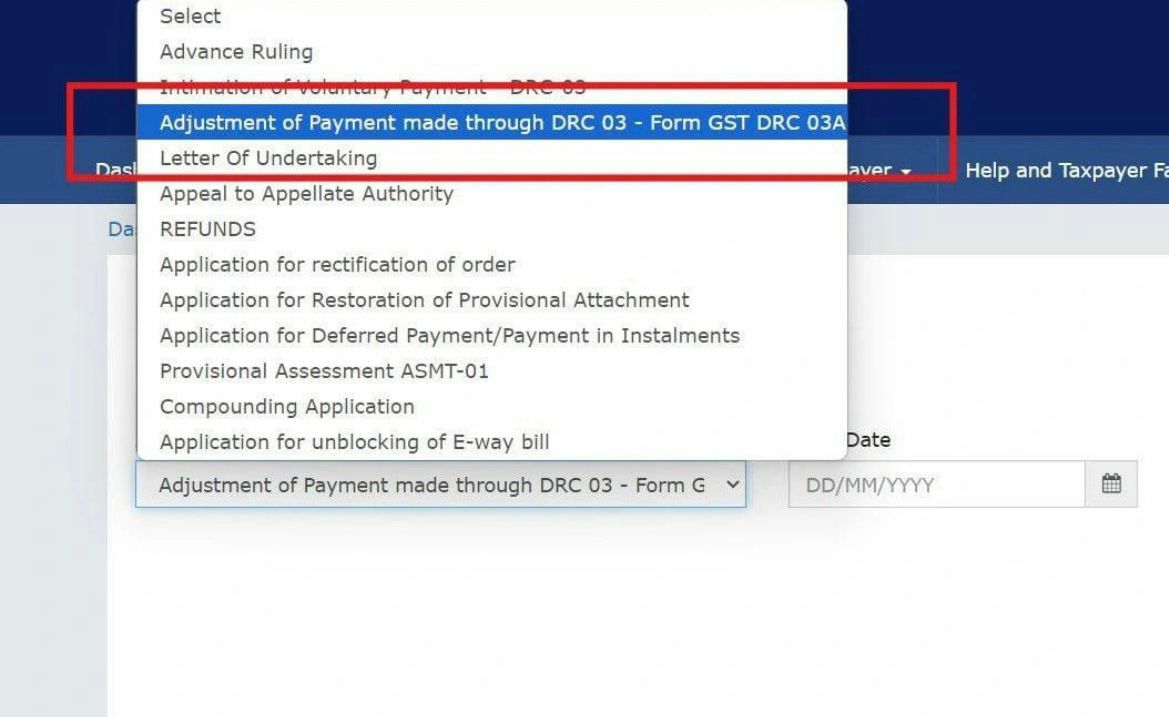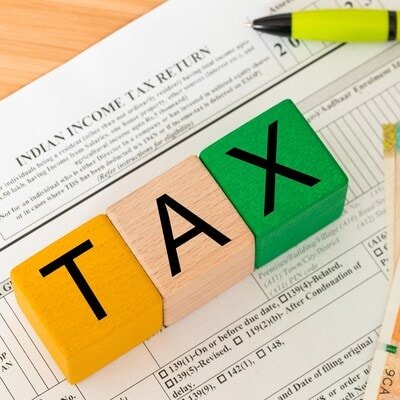The latest change announced by the Goods and Services Tax (GST) Council regarding taxing rental income from commercial property is likely to improve the government’s tax revenue. But, this may prove costly for tenants, according to industry experts. Renting commercial property owned by a person not registered with the GST Authority has been brought under the reverse charge mechanism (RCM), according to an announcement made on September 9 after the Council’s 54th meeting. This would mean that the commercial tenant will have to deposit the GST.
Earlier, no GST was applicable in such cases. If the landlord was a registered entity, they were liable to pay GST at 18 per cent. It was also the case when a residential property was being used for commercial purposes.“This significant policy shift places the GST payment responsibility on tenants, enhancing government GST collection and marking a notable advancement in commercial property rental regulations,” said Experts
According to Experts, the earlier mechanism caused significant revenue leakage for the government.
“To stop the revenue leakage and widen the purview, the GST Council included this under RCM, which may increase compliance for GST-registered tenants,”
“This move helps the government to increase tax revenue by making the renting of any property taxable, if used for business purposes, irrespective of the owner of the property being registered or unregistered in GST,” said Experts
He added that it would “streamline tax compliance and provide relief to businesses across sectors”.
However, this would also mean an increased burden on the tenants.
Typically, in a standard GST framework, the supplier of the goods or services is responsible for charging and collecting GST from the buyer and then remitting it to the government. However, under RCM, the recipient becomes liable to pay the GST directly to the government. In this case, it would be the tenant.
“The tenants of these properties would now need to pay higher GST. It is good for the landlord as well as the Centre but tenants will have to bear the brunt,” The rate for this has not been announced yet, but industry sources say it is likely to be 18 per cent.
“It would bring tax parity (with registered commercial real estate) if an 18 per cent rate is announced”.
Visit www.cagurujiclasses.com for practical courses










